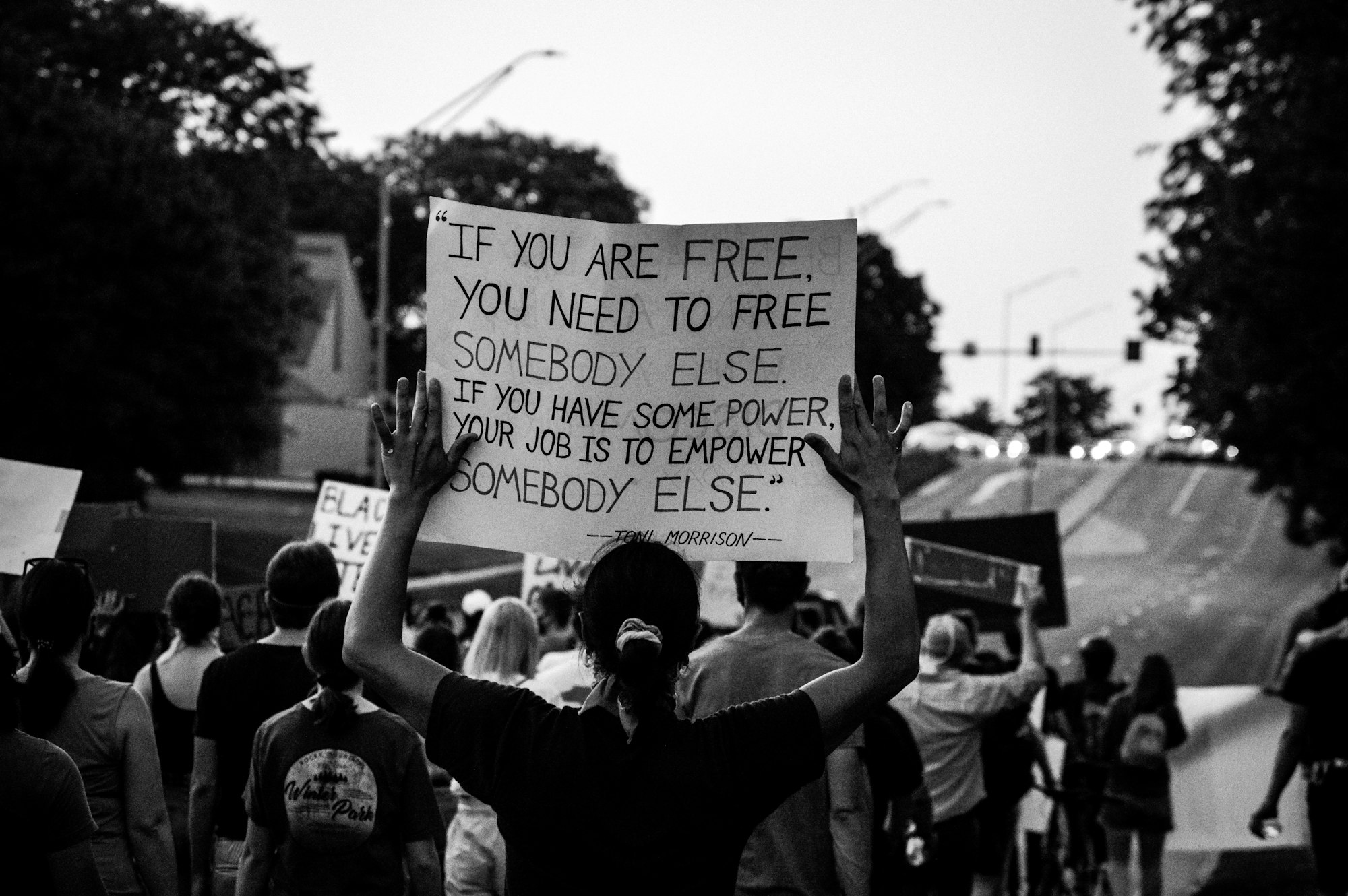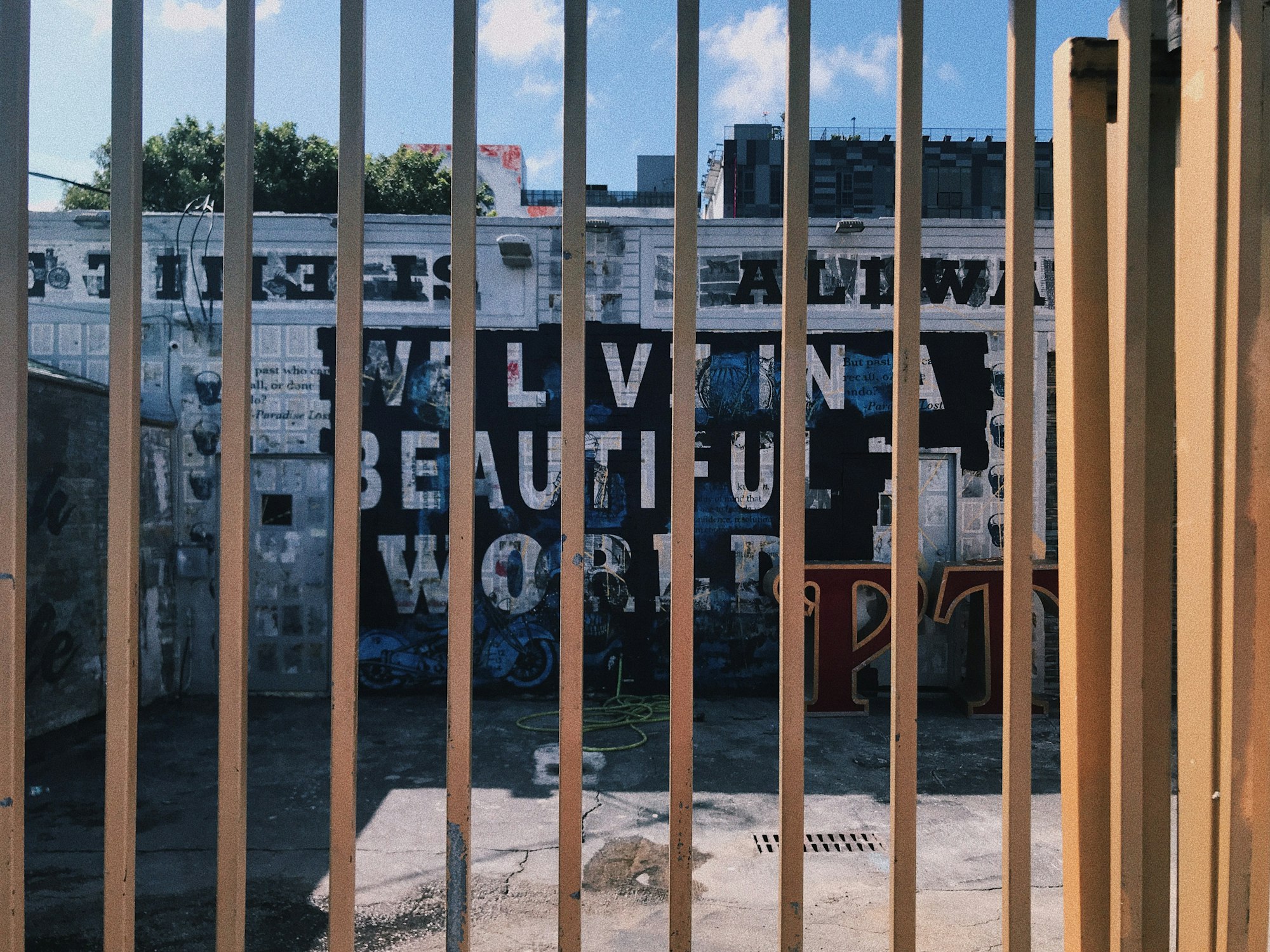
Innovative and Brave: Aster Farms CEO Julia Jacobson
Julia Jacobson, co-founder and CEO of sustainable cannabis brand Aster Farms, talks regenerative agriculture, social impact, and her journey from corporate to the canna farm.

Julia Jacobson, co-founder and CEO of sustainable cannabis brand Aster Farms, talks regenerative agriculture, social impact, and her journey from corporate to the canna farm.

Imprisoned for a crime he didn't commit, Donyelle Woods and his family, aided by the nonprofit Silent Cry Inc., seek to end Michigan's history of wrongful convictions and oversentencing.

We need to establish a more harm-reductive criminal justice system by addressing socioeconomic issues rather than putting people in prison.

A diverse crowd of cannabis industry leaders gathered in the Hamptons for a private soiree with House of Puff, FlowerHire and Artet to benefit the Cannabis Impact Fund. Take a visual tour through the fun.

Strategic engagement of the arts as a transformative tool for social change can create more informed and culturally inclusive policies, Pastor Isaac Scott writes in this op-ed.

One crime, two sentences: Sheron Edwards's new memoir LIFE'S LENSES discusses what his unjust prison sentence has taught him about the U.S. justice system - and himself.

In the Hudson Valley, the "father of legal cannabis" speaks on the significance of the Juneteenth holiday and the MRTA's promise to marginalized communities.

SXSW is known for its music, film and comedy festival but they also offer some empowering conferences and panels that highlight various industries. Celebrating the historic 50th anniversary of 4/20, National Cannabis Day, we look at one of the most incredible panels to come out of this year’s SXSW.

It is just past 7pm and a small crowd gathers in front of a makeshift...

I created ARMS in the hopes that we can be that outlet for those seeking expression, and/or to support those who wish to break free from stigmas regarding their race, upbringings, and/or financial limitations.

It is a huge leap forward for restorative justice. But what are the benefits of cannabis use while incarcerated? And what truly leads us on a journey of discovery to decriminalization of drugs?

There is no denying the solid legacy that Lewis has built with his past, but what of the future of the party in which he holds a position of leadership?
How many times have you seen the video of Eric Garner’s death? With how much precision or accuracy can you describe the moment in which NYPD officer Daniel Pantaleo placed Garner in a lethal chokehold? Do you know how many times Garner uttered, with less and less breath each time, “I can’t breath?...

Looking at other social trends, such as the normalization of LGBT rights, one of the biggest things for that movement was people having a face to associate with it.

We can recount at length the original criminalization of cannabis in the 1930s and again in 1970 as almost purely racist, political and economic.
